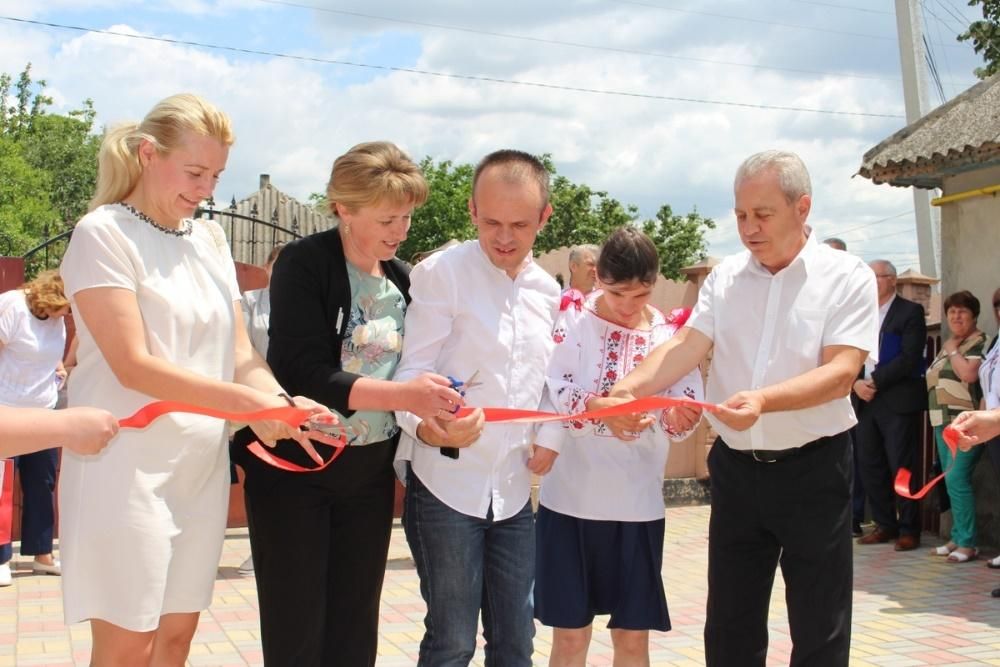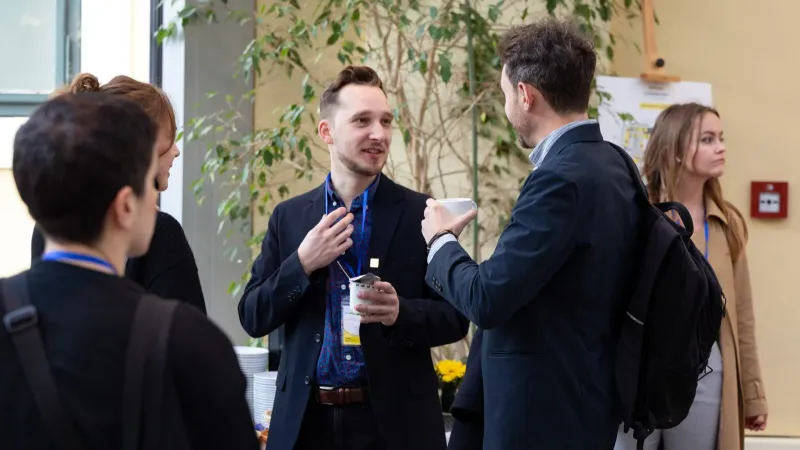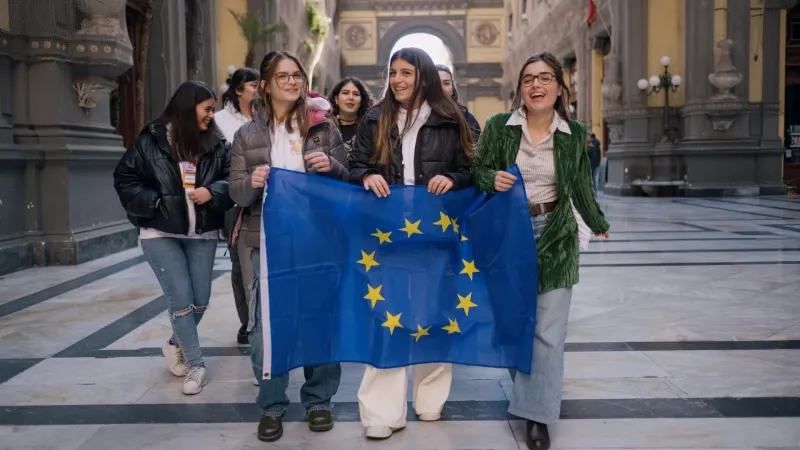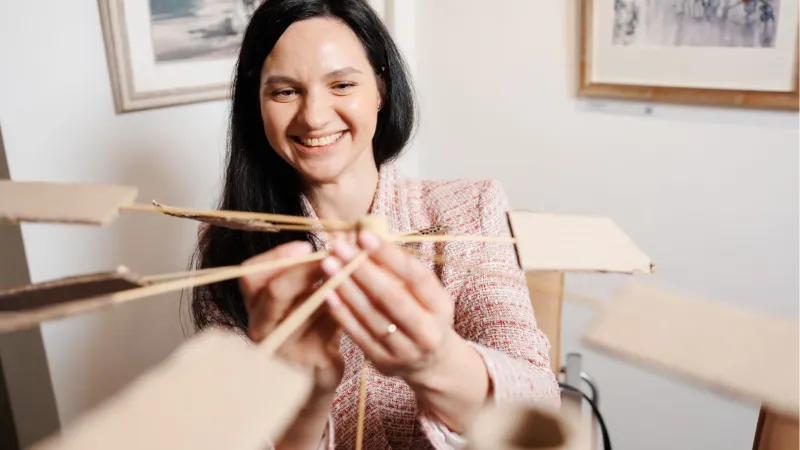
Cu suportul UE, la Cantemir a fost lansat un serviciu social Locuință Protejată pentru persoane cu dizabilități
Patru persoane cu dizabilități intelectuale din raionul Cantemir care s-au aflat o vreme în instituții rezidențiale vor locui într-o casă achiziționată special pentru ele în comuna Baimaclia, unde a fost creat serviciul social Locuință Protejată. Acest serviciu este destinat adulților cu dizabilități intelectuale ușoare și cu un grad înalt de autonomie personală. În cadrul serviciului, persoanele sunt integrate în comunitate, fac împreună treburile casnice și chiar își pot găsi un loc de muncă, fiind ghidate de un lucrător social și un manager al serviciului. Această formă de asistență a persoanelor cu dizabilități contribuie la evitarea izolării și la dezvoltarea abilităților de trai independent.
Serviciul social Locuință Protejată a fost dezvoltat de către Asociația Obștească „Parteneriatul Aachen Moldova” și Consiliul Raional Cantemir, în cadrul proiectului „Organizațiile societății civile acționează pentru servicii sociale mai bune”, finanțat de Uniunea Europeană, cofinanțat și implementat de Fundația Soros Moldova. Din resursele proiectului a fost procurată casa în care vor locui beneficiarii, care a fost dotată cu mobilierul și electrocasnicele necesare, iar Consiliul Raional Cantemir va finanța în continuare activitatea serviciului.
„Un astfel de serviciu era foarte necesar pentru raion, unde avem persoane care riscă să fie plasate în instituții rezidențiale. Aici noi le-am creat condiții bune de trai, ca să nu se simtă că sunt oameni cu dizabilități, ci membri obișnuiți ai comunității”, a declarat, la lansarea serviciului, Natalia Dediu, președintă a Asociației „Parteneriatul Aachen Moldova”.
„Locuința protejată, ca serviciu social specializat, are misiunea, pe de o parte, să prevină instituționalizarea – ca oamenii să nu ajungă în instituții imense, centre de plasament sau școli internat -, iar pe de altă parte – să-i susțină pe cei care ies din aceste instituții. Locuințele protejate sunt case obișnuite. Nu vom vedea la poartă inscripții, de exemplu. Sunt case obișnuite, în care persoanele cu dizabilități sunt ghidate, li se oferă suport, asistență, mai ales în primele luni, ca să-și formeze deprinderi de viață, iar ulterior, după suportul oferit, tinerii, dobândind anumite abilități, pot să lucreze în comunitate, se angajează la muncă, își pot pregăti de sine stătător masa, ei pot participa la toate activitățile din comunitate – la hramuri, sărbători. Prin locuințele protejate ne apropiem și de oamenii din comunitate – ei înțeleg mai bine ce înseamnă dizabilitatea, toleranța”, explică Marcela Dilion, manageră de programe la Keystone Moldova, organizație care a oferit instruire și mentorat la crearea acestui serviciu social.


